Warning: if you haven’t seen it yet, the first episode of the much-anticipated Patrick Melrose (Sky Atlantic, Sunday) contains scenes of drug-taking. Further warning: it contains an awful lot of them.
The series is adapted from the five justly celebrated autobiographical novels by Edward St Aubyn, which trace the long-term effects on Patrick of an upper-class childhood in which his psychotic father intersperses horrifying emotional cruelty with regular bouts of rape. By his early twenties, Patrick is a full-blown drug addict, and even when he marries and settles down, what he settles down to is mostly depression and alcoholism.
All of which might make the books sound punishingly grim. In fact, they’re a hugely, if sometimes uncomfortably, entertaining read, where pain and comedy are not so much combined as entirely fused — and where St Aubyn’s narrative voice somehow manages to be both utterly heartfelt and slightly heartless. So how on earth would that level of tonal complexity transfer to TV?
The answer, it turns out, is rather well. For one thing, David Nicholls’s script triumphantly proves that you can achieve a similar complexity by the power of drama alone. For another, Patrick is brilliantly played by Benedict Cumberbatch — in what he’s acknowledged is one of the few roles he’s ever had to ‘posh up’ for.
Sunday’s opener was actually based on the second novel in the sequence, with Patrick in full druggy mode. The official explanation for this is that the makers wanted to set up the ‘mystery’ of how such a smart and funny man could be such a mess, before flashing back next week to the events that caused it. More likely, I suspect, they didn’t want to start with a boyhood episode in which Cumberbatch (a big selling point, let’s face it) wouldn’t appear much, rather than one he carries almost single-handed. But either way, it’s a challenge he rises to with transparent relish — delivering Patrick’s languid one-liners with just the right blend of self-awareness and self-protection and, in the more lurid drug scenes, making the phrase ‘chewing the scenery’ seem a lot more literal than usual.
The programme began in 1982, when Patrick received a phone call in London informing him of his father’s death in New York. He reacted to the news with a mixture of equanimity and something close to euphoria — and not merely because he was on heroin at the time. Before flying to America to view the corpse and bring back the ashes, Patrick did decide to clean up his act; but he was by no means fanatical about it. Having checked in to a grand New York hotel, he announced his new-found abstemiousness by sticking strictly to Quaaludes, speed and whisky — avoiding the richer temptations of heroin by ‘thinking happy thoughts’ (‘I’m here to collect my father’s body’). Even so, it wasn’t long before one of his many inner voices reminded him what he really wanted and he was heading downtown in a taxi. ‘This is a bad place,’ said the driver, dropping him off in the drug-taker’s equivalent of a shopping mall. ‘That’s what I’m relying on,’ Patrick replied.
Of course, part of the appeal of the Melrose novels, and now the TV version, may be how perfectly they conform to people’s ideas (or hopes) of what the British aristocracy is like: charming, polite and completely screwed up. Certainly, Patrick’s own manners remain impeccable in all circumstances. ‘Patrick Melrose,’ he said by way of introducing himself to the parents of a friend.‘I once turned blue in your bathroom.’
Not that everybody falls for the charm. In an especially excruciating scene towards the end, Patrick had dinner with Marianne, a pretty New Yorker and friend of his London girlfriend. It was clear the evening was unlikely to go well once Marianne revealed she didn’t drink, on the grounds that ‘it blurs the edges and dulls the senses’. (‘Your point being?’ Patrick wondered.) Nor was she especially keen on Quaaludes, or on him shooting up in the bathroom.
Naturally, this didn’t prevent Patrick from making an unavailing pass. But, whereas in the book Marianne simply hailed herself a taxi, in these #MeToo times her rebuff was a bit more vigorous. ‘What’s the matter with you, you self-indulgent little shit?’ she asked, a question that felt all the more shocking not just because it represented such a sudden change of the programme’s generally Patrick-supporting perspective, but also because it had such a suddenly obvious ring of truth.
At the same time, it also confirmed the glory of Patrick Melrose: that no one perspective is ever allowed to drive out all the others. Instead, in its grown-up way, the programme invites us to recognise that, while the many truths about Patrick often contradict each other, that doesn’t make any of them any less true.
Got something to add? Join the discussion and comment below.
Get 10 issues for just $10
Subscribe to The Spectator Australia today for the next 10 magazine issues, plus full online access, for just $10.
You might disagree with half of it, but you’ll enjoy reading all of it. Try your first month for free, then just $2 a week for the remainder of your first year.

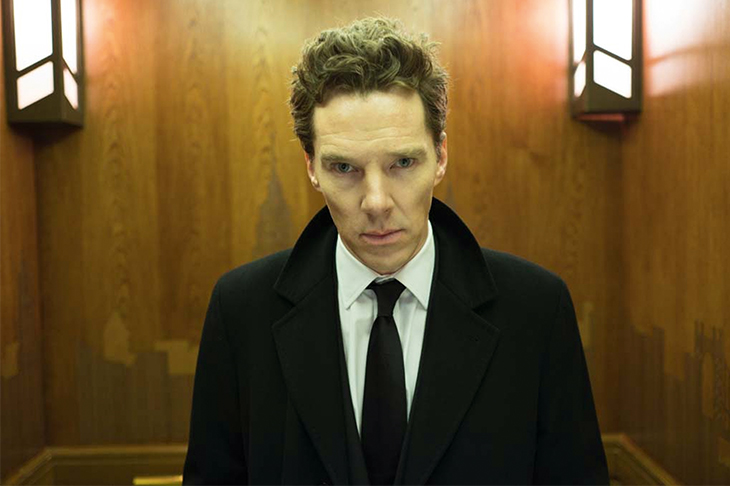
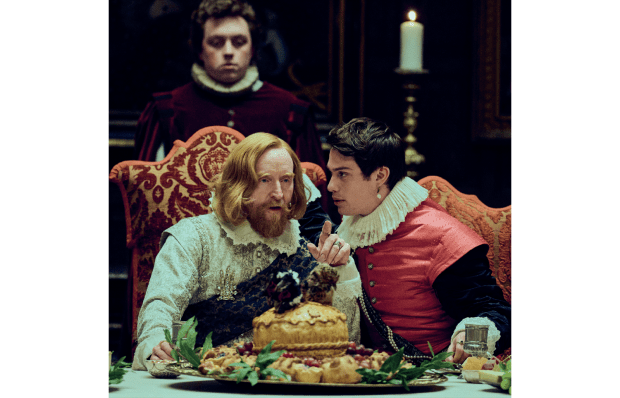

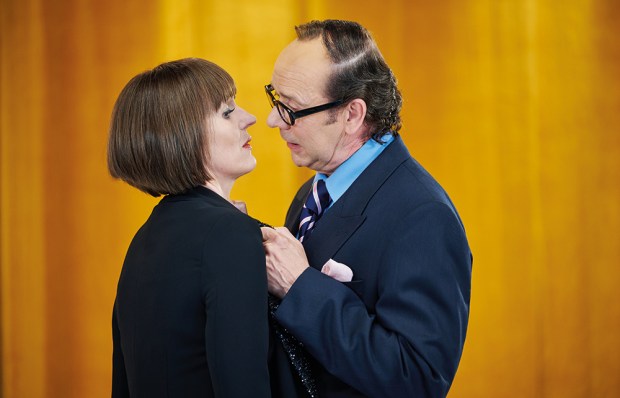
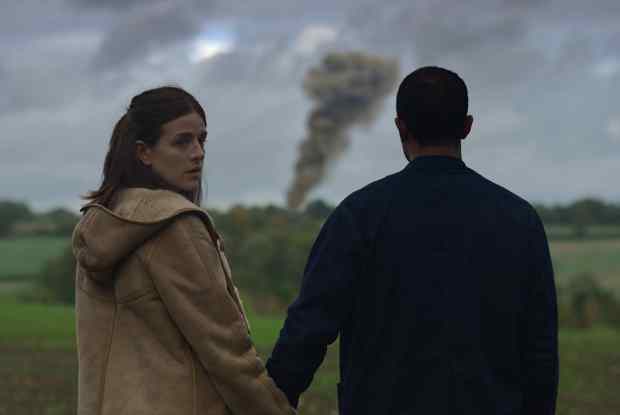
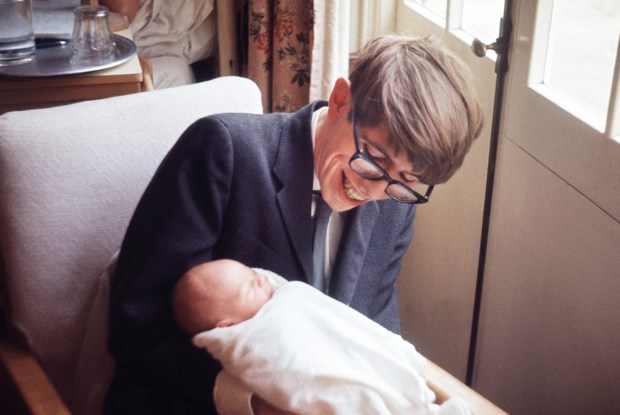
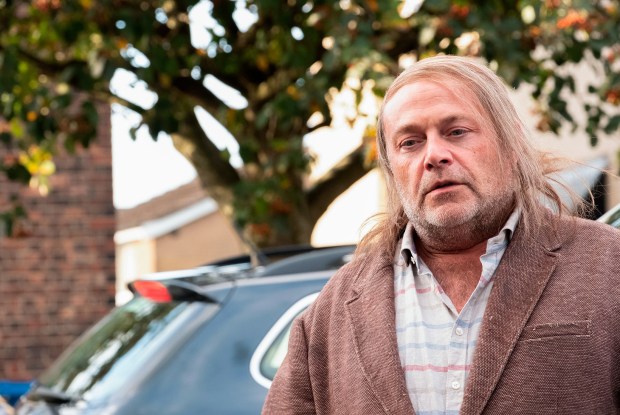






Comments
Don't miss out
Join the conversation with other Spectator Australia readers. Subscribe to leave a comment.
SUBSCRIBEAlready a subscriber? Log in